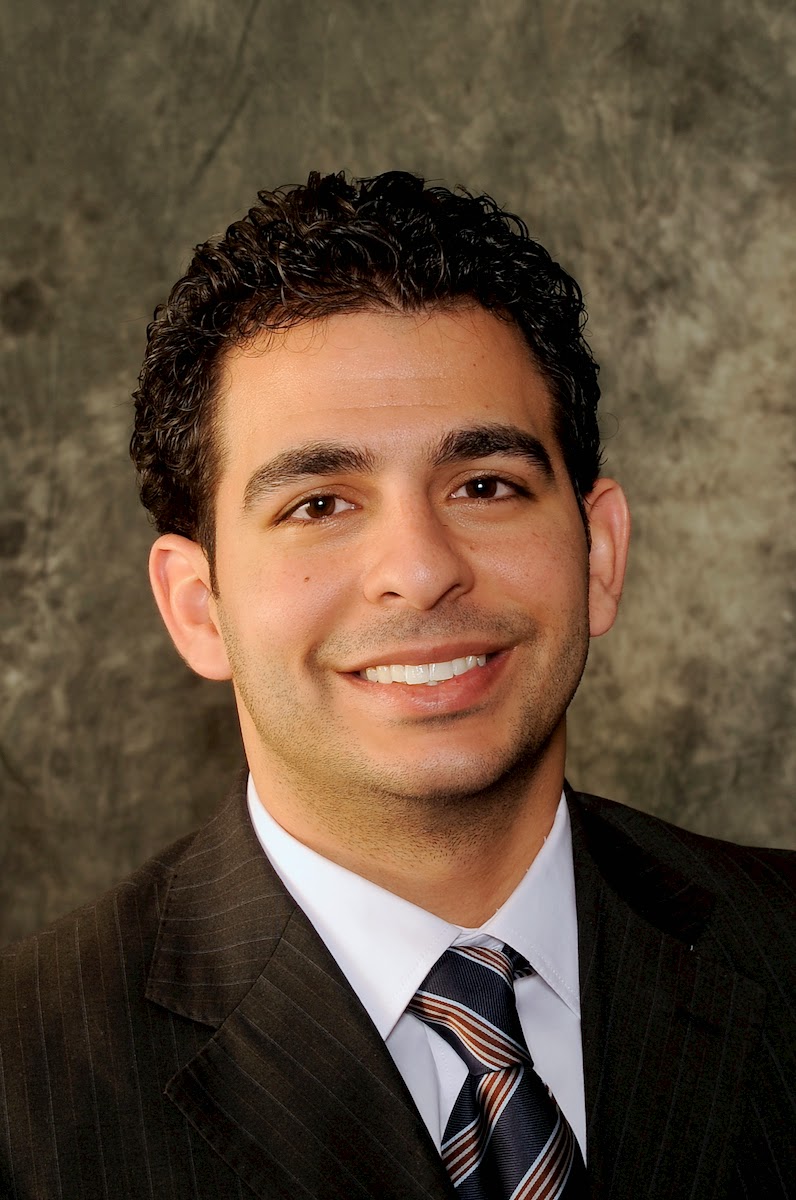Prevent decay, don't delay!
Did you know that 100 million Americans fail to see a dentist each year, even though regular dental examinations and good oral hygiene can prevent most dental disease? Neglect of dental care can have serious consequences like decay, inflammation, and loss of teeth, and an increased risk of malnutrition. Gum disease has been implicated in an increased risk of cardiovascular and respiratory disease. In addition, oral examinations can be the least invasive method of diagnosing types of cancers and other diseases. Ask Dr Louie or Dr Hwang more about this at your next visit.
The uptake rate of preventative dental care increased over a ten-year period in the United States, but there remains a large disparity among ethnic groups, reports one of the largest and most comprehensive studies on the subject, published in the open-access journal Frontiers in Public Health.
Neglect of dental care can have serious consequences like decay, inflammation, and loss of teeth, and an increased risk of malnutrition. Gum disease has been implicated in an increased risk of cardiovascular and respiratory disease. Easy access to affordable preventive dental care – in the form of regular checkups and cleanings by dentists or dental hygienists – can help to improve the quality of life of a population.
Oral health is particularly important in a rapidly aging population, because middle-aged and older people are more likely to develop chronic conditions and complications. Yet few studies have focused on the dental health-practices of older persons.
In a new study, Professor Bei Wu, Director for International Research at Duke University’s School of Nursing, and her colleagues analyzed self-reported oral health behaviors of almost 650,000 middle-aged and elderly Americans in a phone survey conducted between 1999 to 2008 by the National Center for Statistics and Prevention. This study is the first to compare dental care between Caucasians, Hispanics, African Americans, Asian Americans, and Native Americans.
Respondents were asked when they last had their teeth cleaned by a professional, because dental cleaning is a commonly used indicator of access to dental services. They were also asked about their gender, age, marital status, income, education, ethnicity, weight, general health, number of teeth removed, and drinking and smoking habits.
Results show that the number of people who received preventive dental care underwent a slight yearly increase in all five ethnic groups. But there is a long way to go, as 23% to 43% of Americans received no preventive dental care in 2008, depending on ethnicity.
Key findings include:
- People with health insurance were 138% more likely to receive preventive dental care.
- Women were 33% more likely to receive preventive dental care than men.
- 77% of Asian Americans and 76% of Caucasians reported receiving preventive dental care in 2008. Hispanics, Native Americans, and African Americans, were significantly less likely (62%, 62%, and 57% of interviewees, respectively) to receive preventive dental care.
- Differences between Caucasians and other ethnic groups (except African Americans) in access to preventive dental care can be explained by socioeconomic differences such as income, education, and having health insurance.
- African Americans’ reduced access to preventive dental health might be due to an insufficient number of culturally competent dental care professionals, and to a lack of awareness of oral health and dental care services within this ethnic group.
- Many Native Americans in reservations receive inadequate dental care, partly because not enough dental care professionals are motivated to work for the Indian Health Services.
- Smokers were less likely to receive preventive dental health care. This is of particular concern since oral health is negatively affected by tobacco use.
The researchers conclude that it is imperative to develop public dental health programs that target middle-aged and elderly Americans, improve dental care access, and to train a dental workforce that is culturally competent.




Comments
Post a Comment